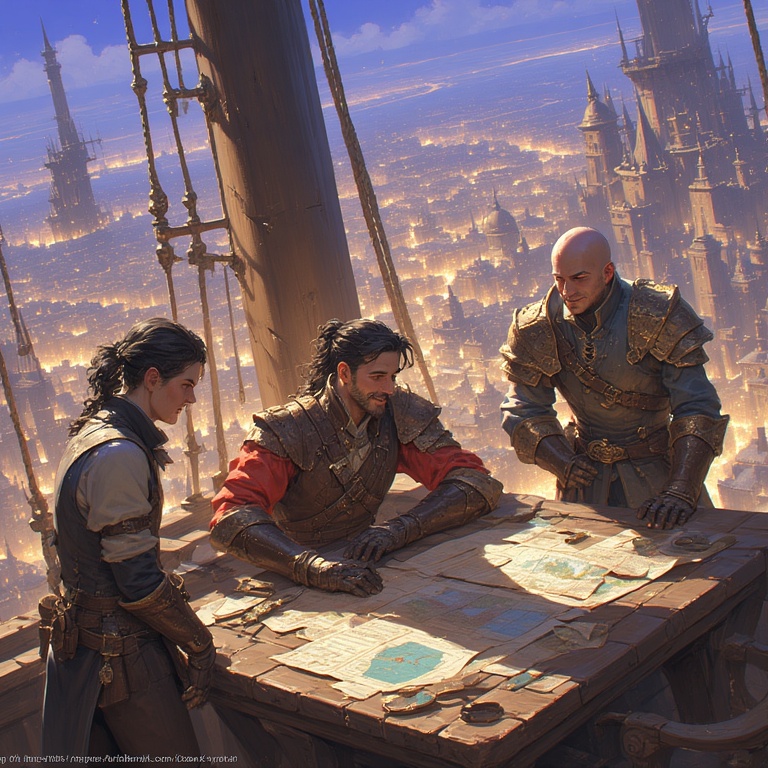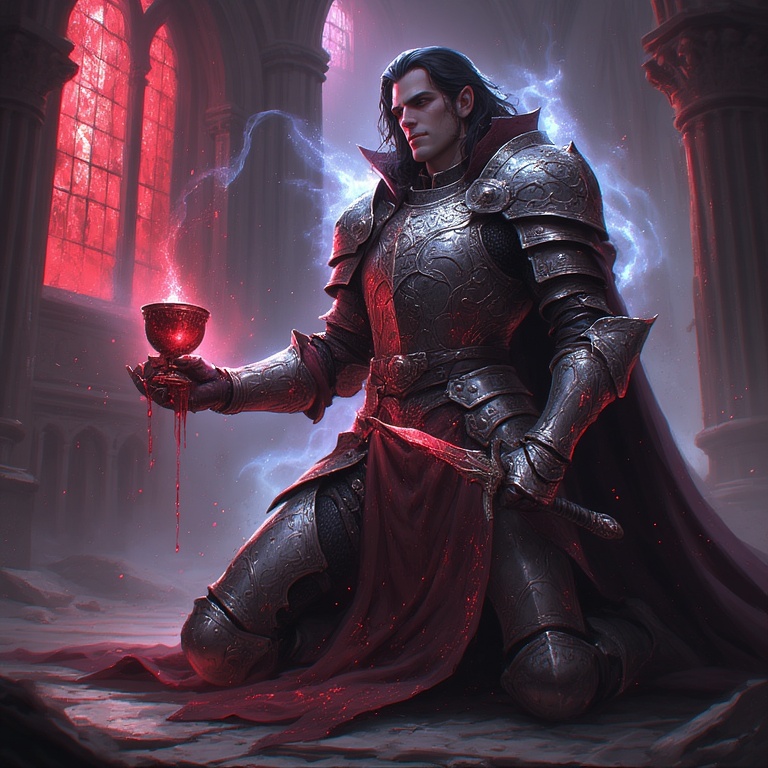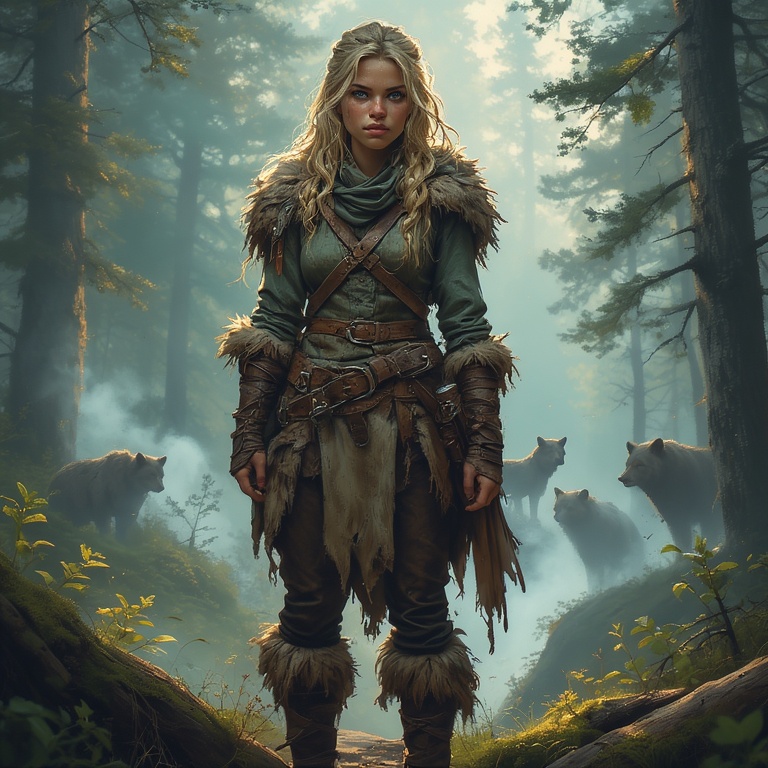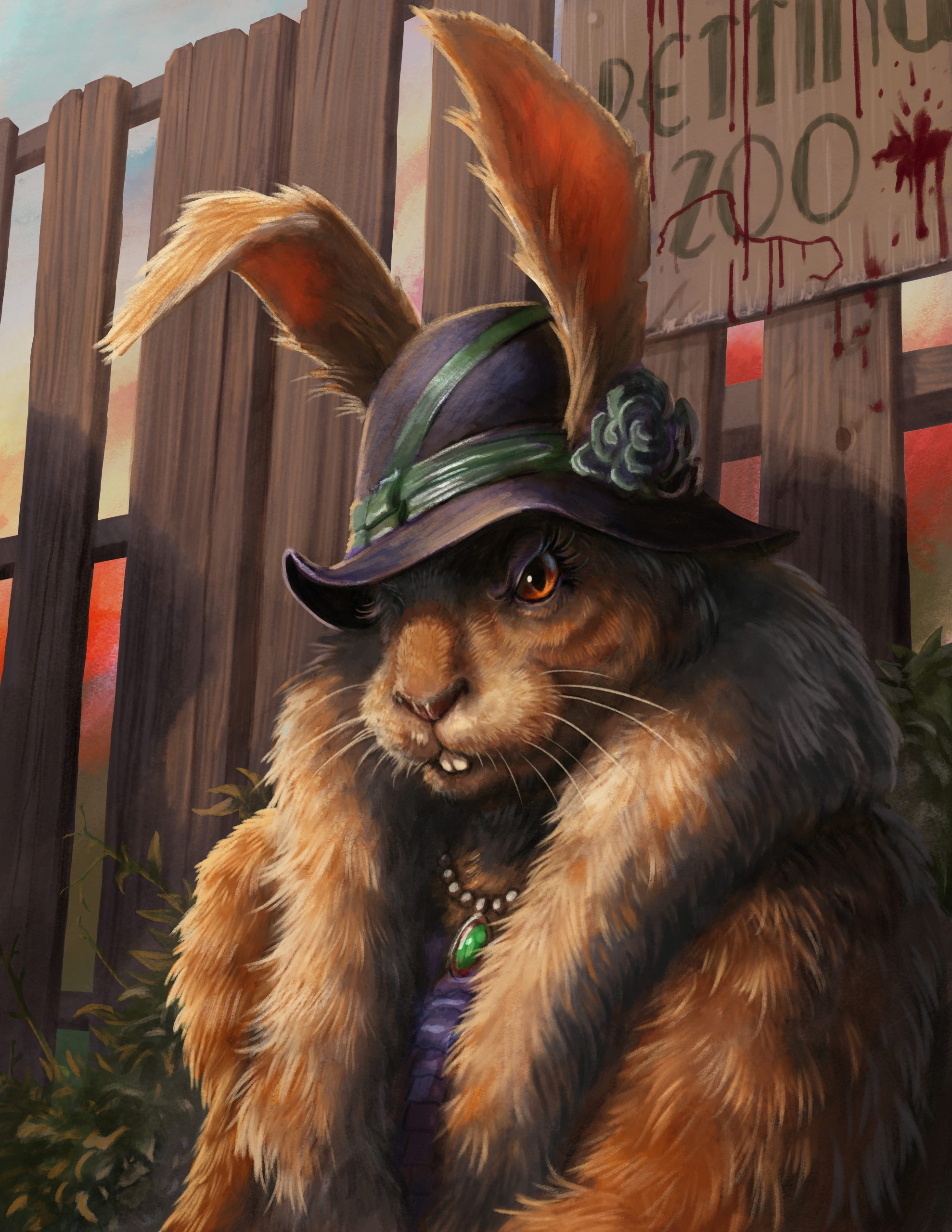Dungeons & Discourse: Digital Media
As Nerdarchist Dave has mentioned in the past, the staff writers here at Nerdarchy.com have really started to gel. We’re putting together a module for Geek & Sundry’s International Tabletop Day that I think is fantastic, and we have a lot of great discourse, a majority of which is just for us. We share our perspectives with each other, elicit help, or provide suggestions. Sometimes we just talk about whatever. I think what makes it the best is that, even if we vehemently disagree with each other, or it’s a couple of us railing against the world, there is a genuine respect that allows us to know everyone is actually trying to listen to and understand each other, even if all we did was take a merry-go-round.
Talking about digital media
If nothing else, some of those conversations have inspired some great articles, but today I want to share a great debate that occurred between Scott Garibay and me about the place of digital media. I always enjoy debating with Scott because of how polar opposite we are in nearly every category. Even though we’ve come to the same place, how we got to D&D, and thus how we approach it, are vastly different. My hope is that you, loyal reader, get a chance to see two well thought-out arguments, with two very reasonable conclusions, and maybe get to pick out the things you agree with from both sides (or even equally agree with both sides of the same argument).
As Scott and I were talking about my contribution to the module, I mentioned that a side benefit of my involvement was I managed to find a better way of dealing with organizing characters. Until then, I had found using the official form-fillable document to be insufficient, so I went out looking for more, but all were lacking. “I’m hoping D&D Beyond changes that,” I told him. Scott mentioned that so far it looks like it doesn’t do much more than established systems, such as roll20, already do.
I told him I already use roll20, but I find it to be “unruly, at best.” There are things I like, especially in regards to the character generators (although they’ve got some work to go, in my opinion), but their grid system and over-reliance on content creators makes it prohibitively expensive, especially if you want to have any kind of control over your campaign and battle maps. Playsets, although still short in its content depth, will one day be an amazing tool. Final Fantasy Tactics actually had a nearly perfect system that could work quite well for D&D (or at least for 5E), which came out about 20 years ago, and I expressed some frustration that no one has learned from them, or successfully emulated them for D&D.
Some arguments can’t be made quickly, or even in a pure dialogue. Sometimes a monologue is necessary. Fortunately, Scott had previously created a video (you’ll have to excuse the quality, but the content is on par) that he had already made about his thoughts of digital tools as a whole, which he shared with me. Scott Garribay has Scott Garibary opinions on it. I don’t agree with his opinion, but I understand where he’s coming from. However, Fantasy Grounds been around for three years. 20k users have bought into it, although there are only about 250 active users.
However, their biggest problem is their ridiculous pricing structure. It’s $40 for the base app, and $350 for the complete bundle (which includes being 25% off to buy everything for the bundle). Their advantage, though, is that they are keeping up with the newest content. They also have a lot of really weird financial practices that scare away users, not to mention they only support Windows. In this day and age, you need to support iOS and Android. Expanding into macOS, other than telling us to suck it up and do our own workarounds (which I still haven’t gotten Wine to work properly for me). They don’t even have HTML support.
I argued the best possible solution is to have a tiered pricing structure. Players can use the SRD content for character creation for free, with no limits on characters (charging for multiple characters is just greedy). The second tier would be like $5/month to gain access to every released race, class, archetype, spells, familiars, beast companions, and wild shape beasts. A GM tier (perhaps $10-$15/month) would include access to all of the books’ information, including monsters (as well as to create and adjust them), items (and the ability to create them), and maps (at the battle, city, and world levels). The top tier ($15-$20/month) would unlock homebrew possibilities, which I think needs a special price because it requires a lot of extra programming. Subscriptions are just the way people want things currently, because they’re easier to swallow than $50/book.
Going free or showing support for digital media?
Scott brought up the very valid point that because there are so many free tools out there, people are less likely to spend money on them. He agrees with them, but I don’t. TTRPGs is a niche market, as he pointed out. As a result, by default, we are early adopters (being new to the hobby, I’m not quite on the earliest adopters). In every market, it’s up to early adopters to set the trend, and to support the tools that the average consumer will eventually use. That means we need to financially support the tools we believe in, the ones we think offer the best services. I bought the annual pass for Playsets for that very reason, even though they have nearly no content. I have faith in their ability to eventually deliver, and I know once they have a large enough library, the system will be unmatched. It’s also why I have no remorse about abandoning roll20. The system is too much of an unwieldy mess to be worthwhile. That being said, as Scott pointed out, there is a huge risk that Playsets will buckle due to a lack of support. As early adopters, we have to be willing to take those risks. Ironically, if we take those risks as a whole, then the risks are significantly mitigated.
“That’s why I have the most faith in D&D Beyond,” I told Scott. “It has the most viability to be able to weather the short-term struggles to see long-term gains, and see self-sustainability, and maybe even bring new players into the fold.”
Scott rightly pointed out that D&D lives on the table, though. No matter what you do, you simply can’t replace the table. Despite my arguments otherwise, I actually fully agree with him. I’m starting to amass my miniatures collection because I really enjoy the three dimensional and tactile aspect of D&D. I haven’t gotten to set pieces, yet, but that day will come. However, a lot of new players, especially those that come from the video game realm, are going to be less concerned about that. Despite miniatures and maps being superior, the cost can be prohibitive. Being able to deal with tokens and avatars is an acceptable alternative for those who haven’t been a part of the hobby for 20 to 30 years. That being said, I think a combination of the two will end up being optimal. Using 1080p TVs as the map, that have ready made maps you don’t have to drag around or draw on the spot, is far preferable. As the prices of 1080p TVs come down, the viability of it being a luxury item for the table increases. No one needs 4k for 1″ squares and crudely drawn maps.
We concluded our conversation. Not necessarily deciding a victor, because real discourse doesn’t mean you have to win. The discussion is often it’s own reward, but I feel like each of us learned a lot.









Christopher Merrill
July 17, 2017 at 2:24 amAfter nearly a year after I bought the TV my friend built the table for it and just two days ago we played as a group using our new table. It was a massive hit. I’m still looking for the best program to use. RPTools looks like a solid contender, but with a learning curve. We used ‘3d Virtual Tabletop’ (IOs and Android app and you can try to use a virtual app on the PC via a website) this time. The GM set up the game and cast his tablet to the table and we all logged into the game via our phones to move our tokens. It isn’t free, 99 cents a month, but it wasn’t bad for the cost.
Joshua Brickley
July 17, 2017 at 8:53 amThanks for the heads up on 3d Virtual Tabletop. I hadn’t heard of it before, and I’ll check it out as soon as I get the chance to. I actually can see some interesting uses for it, especially with the top-down as the central map, and pushing from an iPad to a TV via an AppleTV, to have a sizable map. Honestly, if the map-making tools are solid enough, $5/month is worthwhile just to have the projected map to place minis on. Good map programs are a lot harder to come by than you’d think.